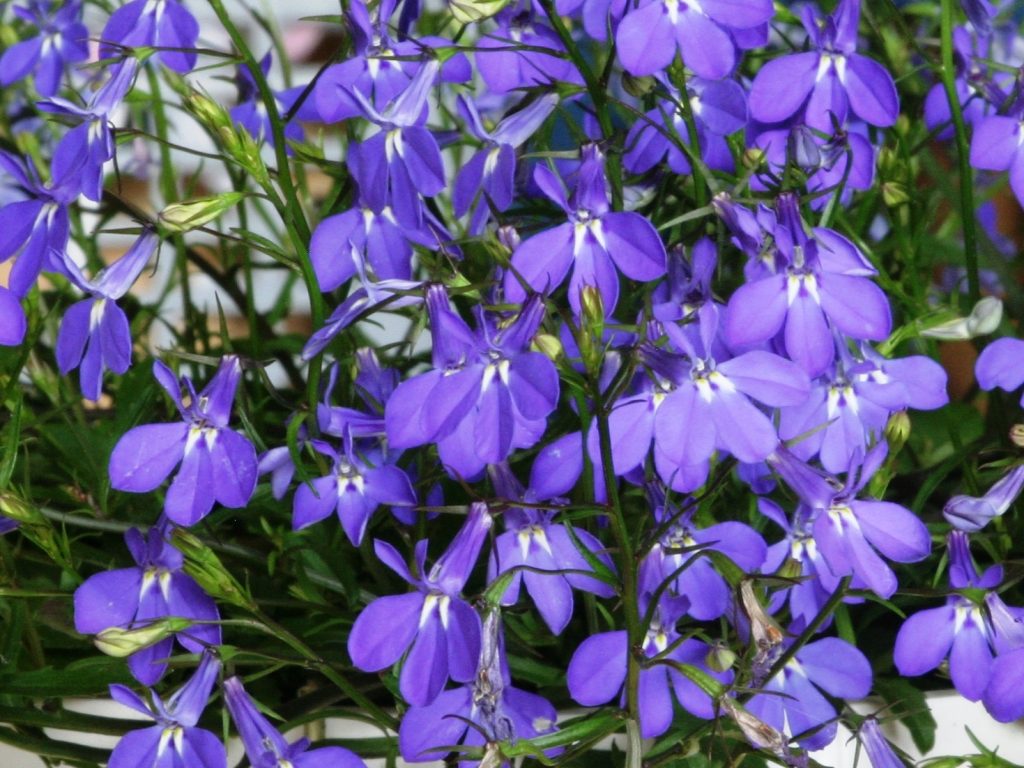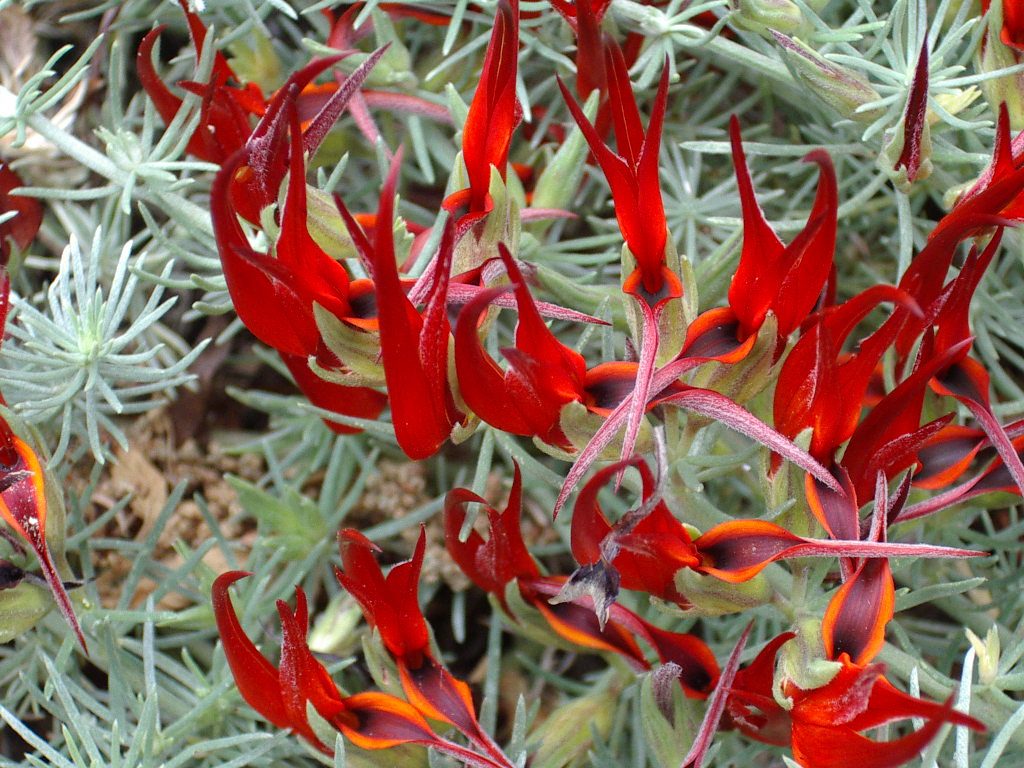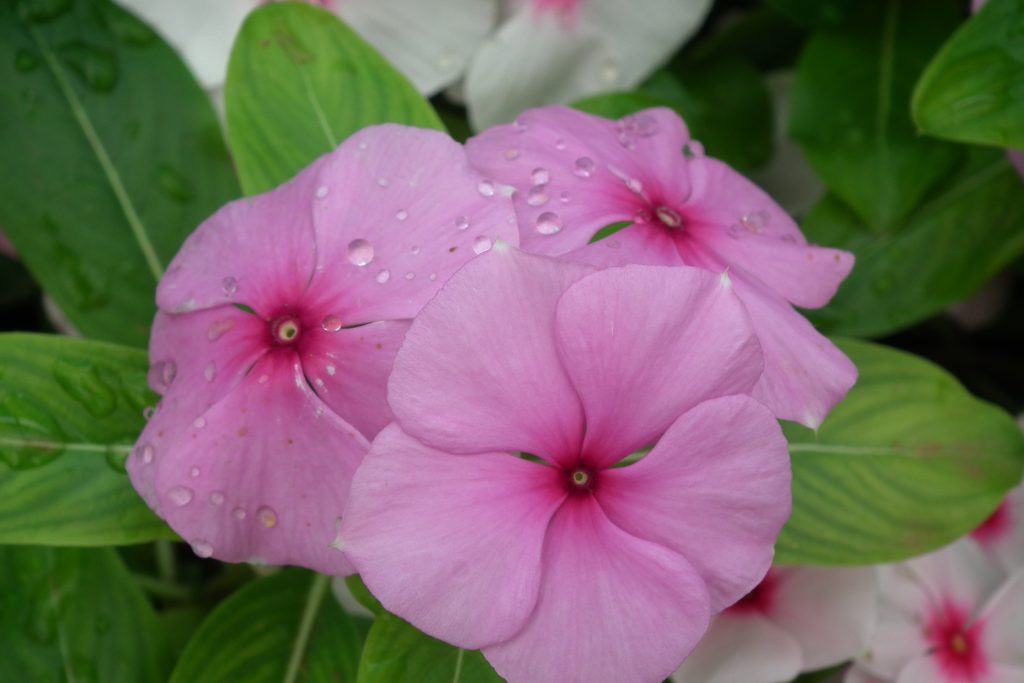Mountain gardeners know that everything is a little bit different up high: light level, flower colors, rate of growth, and additional challenges with overwintering all make mountain gardening an adventure.
Selecting annuals that will tolerate cooler evening temperatures can help to extend that short gardening season and keep the color rolling all summer long. In order to choose wisely, it’s important to know which annuals are very-hardy, hardy, half-hardy, and tender.
You will also need to know your hardiness zone. Here at Echter’s, our lowest evening temps are between -20 and -10, which puts us in Zone 5. Evening temperatures from -30 to -20 are Zone 4, and if you are way, way up, you might be Zone 3 (-40 to -30).
Very-Hardy annuals are unfazed by early frosts and night temperatures of 25 degrees. These plants will continue to grow at the same rate in cool weather and they will flower on their normal schedule. These are the first annuals you will see out on the benches here at Echter’s.

Very-hardy annual plants include:
• Alyssum
• Pansies
• Snapdragons
• Dusty Miller
• Ornamental Cabbage/Kale
Hardy annuals can take night temperatures of 28 degrees, but may experience slower growth and flowering. In the big picture, that’s not a problem — just a delay. Waiting a week or two to plant this group will prevent freezing and let them get started.

Hardy annuals include…
• Bacopa
• Calendula
• Carnation
• Lobelia
• Nemesia
• Osteospermum
Half-Hardy annuals can tolerate cool temperatures and cool soil, but are damaged by frost. They require a longer period of growth, so they should be started indoors 4-8 weeks before the last frost date to give them extra time to mature before being planted outside. They can tolerate periods of cold damp weather, but are frost tender and shouldn’t be transplanted until all danger of frost has passed.

Half-Hardy annuals include…..
• Angelonia
• Calibrachoa
• California Poppy
• Cosmos
• Datura
• Dichondra
• Gazania
• Gerbera
• Gomphrena
• Lotus Vine
Tender annuals are native to tropical regions, are very sensitive to cold soil temperatures, and are easily damaged by frost. In the Denver Metro area, tender annuals would be planted around Mother’s Day, but at higher elevations they should be planted after all danger of frost has passed in your particular zone. This may be well into June!
Annuals that are started indoors or purchased from greenhouses are considered tender and should be “hardened” or acclimated to outdoor growing conditions before transplanting them into the garden. To do this, place plants in a shady protected site, then gradually expose them to longer periods of direct sun.

Tender annuals include:
• Begonia
• Coleus,
• Impatiens
• Marigold
• Nasturtium
• Nicotiana
• Verbena
Having a beautiful garden in the mountains IS possible! With a little knowledge (know your zone!), planning, and careful plant selection, you can have the high-country garden of your dreams!